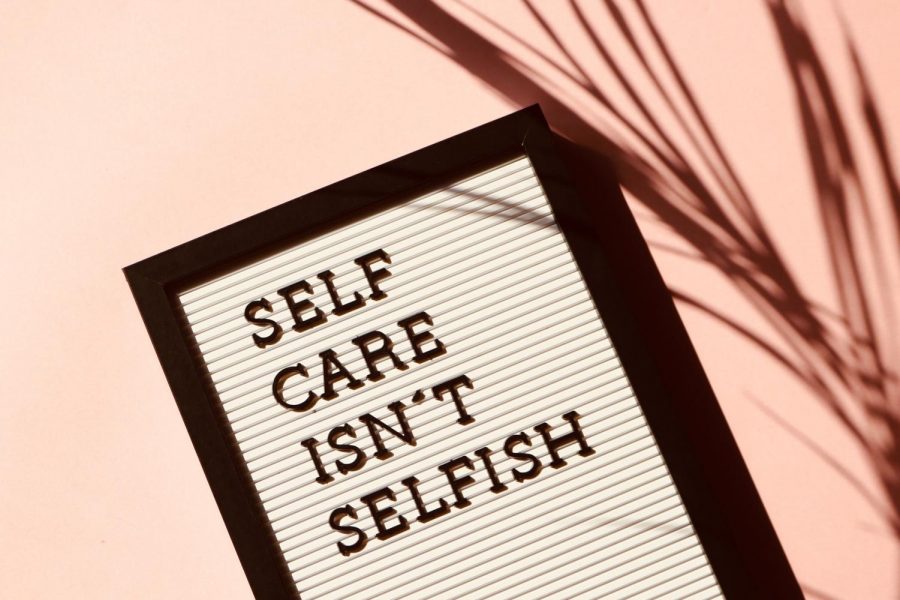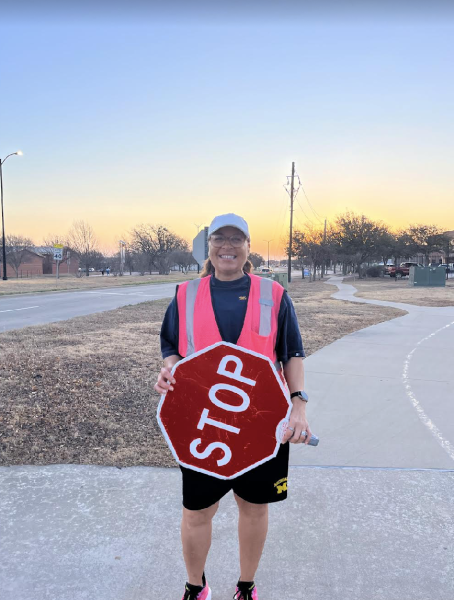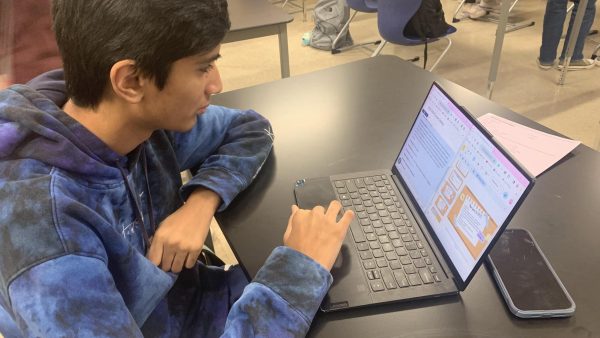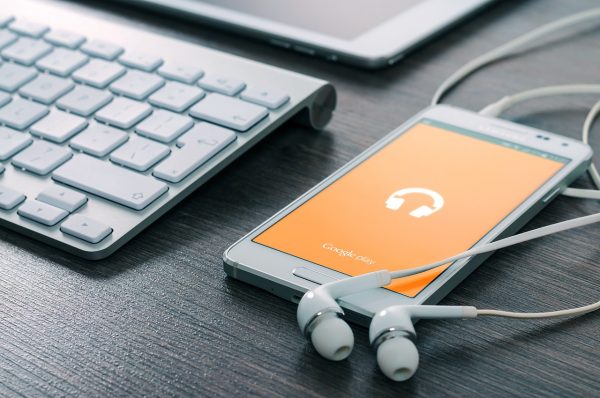Mental Health Care During COVID-19
During this unexpected pandemic, there are many things one could be worried about, whether it be safety, health, finance, or otherwise. With all these factors pressing down on people, mental health may be neglected or forgotten. However, people should be taking care of themselves now more than ever, and not just physically. There are certain methods and resources anyone can use to healthily cope with their situation and reach out if needed.
The CDC (Centers for Disease Control and Prevention) defines mental health as something that “includes our emotional, psychological, and social well-being.” All of these affect our thoughts, feelings, and actions, therefore making them a priority. Also, not taking proper care of one’s mental health can affect overall health as well. The worse someone’s mental health is, the higher risk they have of getting physical health problems, such as stroke, type 2 diabetes, and heart disease. These consequences make it very important to regularly indulge in mental health care.
“Taking care of your emotional health will help you think clearly,” the CDC says. For this, they have recommended some coping and self-care methods for people to use. Some of these include taking care of one’s body, connecting with others, taking breaks, staying informed, meditating, and getting good sleep. It’s also important to look out for common signs of distress, such as negative feelings/thinking, changes in appetite and energy, difficulty concentrating, sleep schedule changes, drug usage, or physical reactions (headaches, body pains, rashes, etc.). Dealing with one’s problems healthily can lead to more positivity and better mental and physical health.
“According to the National Alliance on Mental Illness (NAMI), one in five young adults is dealing with mental illness, but as many as half are struggling in silence,” the Child Mind Institute states. Realizing that no one is alone is the first step in speaking up about mental health. If people write down their feelings and choose people they trust before they share, they’ll likely feel more confident when the time comes. Also doing research can help someone recognize if they need professional help or counseling. For further help, this is the number for the Suicide Hotline (1-800-273-8255) and the link to the CHS counselor assistance request.
Through mental wellbeing care, healthy coping methods, and reaching out when necessary, everyone can get through this pandemic together. Taking care of mental, as well as physical being will have positive outcomes for all, and result in better overall health.

Hi! My name is Uswa Saeed. I'm currently a 12th grader at Centennial High School, and this is my third year writing for Cen10 News. Writing has always...












